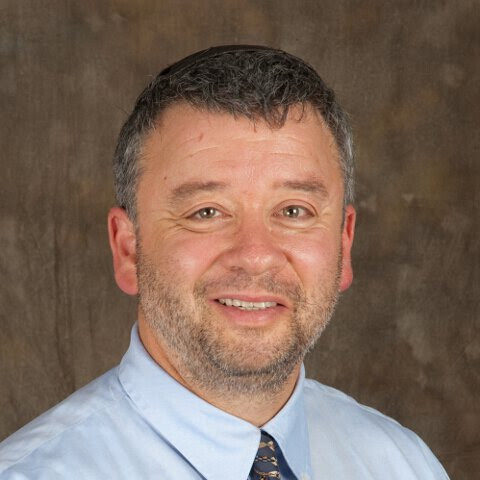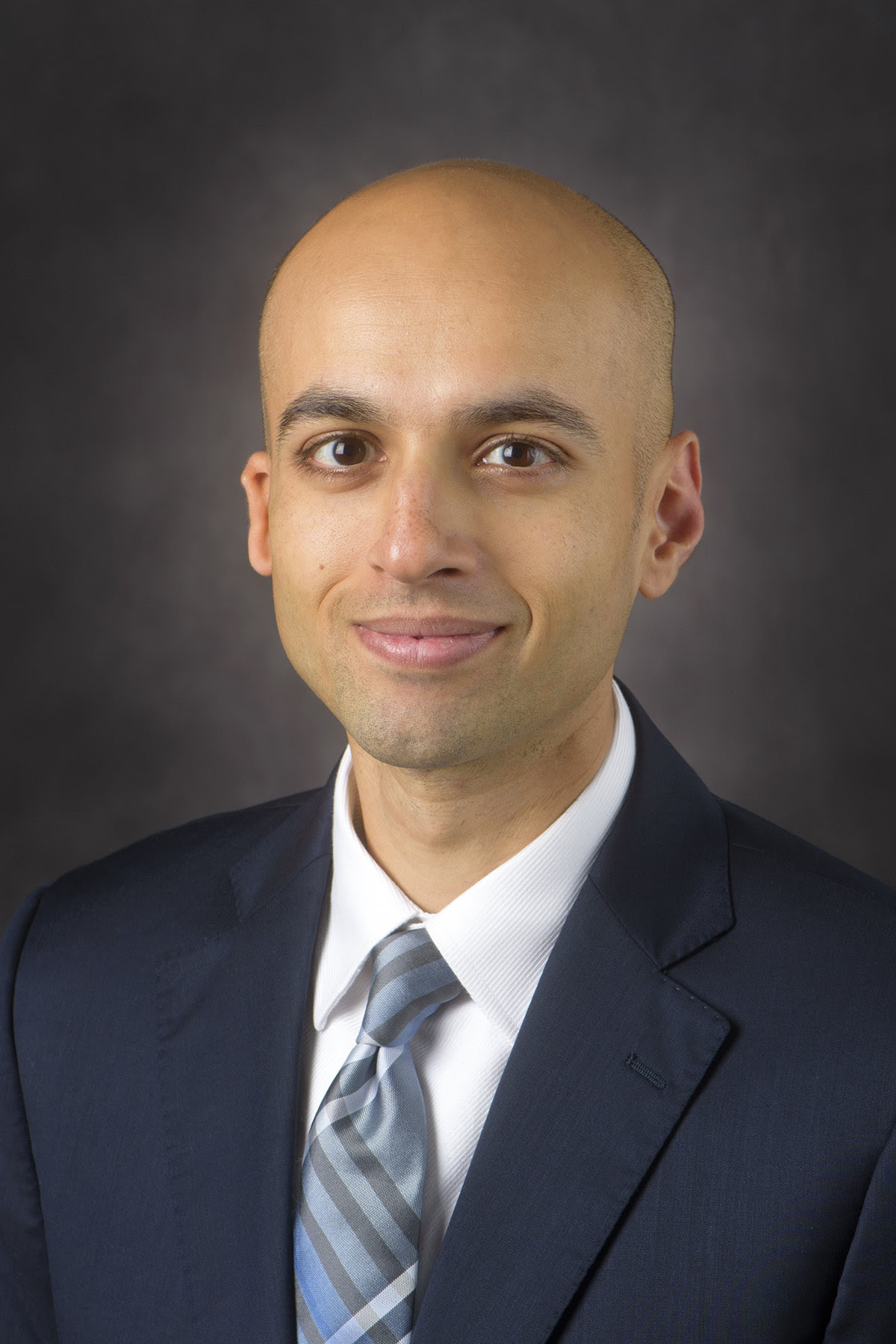
**REGISTER NOW!**
Saturday, Sept 14, 2019
7:30am – 4:00pm
Please join the Pituitary Network Association and The Ohio State University for a Pituitary Patient Symposium featuring a series of pituitary and hormonal patient education sessions presented by some of the top physicians of pituitary and hormonal medicine. The symposium faculty will share the most up-to-date information and be available to answer your most pressing questions.
Keynote Speaker: Maria Fleseriu, MD FACE
**We are offering a limited number of registration only scholarships. Register today to claim your scholarship!**
Please email carol@pituitary.org to register!
*This registration is for the Patient Symposium only. The Ohio State University is offering a CME Course separate from our Symposium. For information on the CME course go to ccme.osu.edu
OSU Pituitary Symposium Agenda
Saturday, Sept. 14, 2019
Patient and Family Track
Gabbe Conference Room – James L045
| 7:30 AM | Registration and Breakfast |
| 8:00 AM | Welcoming Remarks and Introductions: The OSU Skull Base and Pituitary Team |
| 8:05 AM | Trans-sphenoidal Approach: What to Expect? Post-Operative Complications |
| Richard Carrau, MD Professor Department of Otolaryngology OSUCCC – James | |
| 8:30 AM | Radiation Therapy? Difference Between Modalities and Possible Risks |
| Dukagjin M Blakaj, MD, PhD | |
| OSUCCC – James | |
| 9:00 AM | What Are The Challenges Our Patients Face, and How Can We Help? |
| Kami Perdue, PA-C | |
| OSUCCC – James | |
| 9:30 AM | Round Table Q & A |
| 9:45 AM | Mid-Morning Break and Visit Vendors |
| 10:00 AM | Acromegaly: Why it Takes That Long to Diagnose? What are the Options? |
| Lawrence Kirschner, MD, PhD Professor Division of Endocrinology, Diabetes, and Metabolism | |
| OSUCCC – James | |
| 10:30 AM | Growth Hormone Deficiency: Beyond Growth |
| Rohan Henry, MD Pediatric Endocrinologist | |
| Nationwide Children’s Hospital | |
| 11:00 AM | Hypopituitarism: Pitfalls and Recommendations |
| Maria Fleseriu, MD, FACE | |
| Oregon Health and Science University – Keynote Speaker | |
| 11:30 AM | Round Table Q & A |
| 11:45 AM | Lunch Break and Patient’s Journey |
| 12:45 PM | Pituitary Trivia |
| Luma Ghalib, MD Assistant Professor – Clinical Division of Endocrinology, Diabetes, and Metabolism | |
| OSUCCC – James | |
| Brian Lee, RN OSUCCC – James | |
| 1:15 PM | Surgical Approach: What to Expect |
| Daniel Prevedello, MD Professor and Chair, Department of Neurological Surgery | |
| OSUCCC – James | |
| 1:45 PM | Visual Complications of Pituitary/Sellar Lesion? Predictors of Outcome |
| Abbe Craven, MD Assistant Professor – Clinical Department of Ophthalmology | |
| OSUCCC – James | |
| 2:15 PM | Round Table Q & A |
| 2:30 PM | Mid-Afternoon Break and Visit Vendors |
| 2:45 PM | Recovering from Trans-sphenoidal Surgery, Challenges for the Patient and their Families |
| Traci Douglass, RN | |
| OSUCCC – James | |
| 3:15 PM | Pituitary Network Association: Cushing’s Disease: Psychological Research and Clinical Implications |
| Jessica Diller Kovler, AM, MA, PhD | |
| PNA Board Member | |
| 3:45 PM | Closing Remarks |
| 4: 00 PM | Adjourn |







